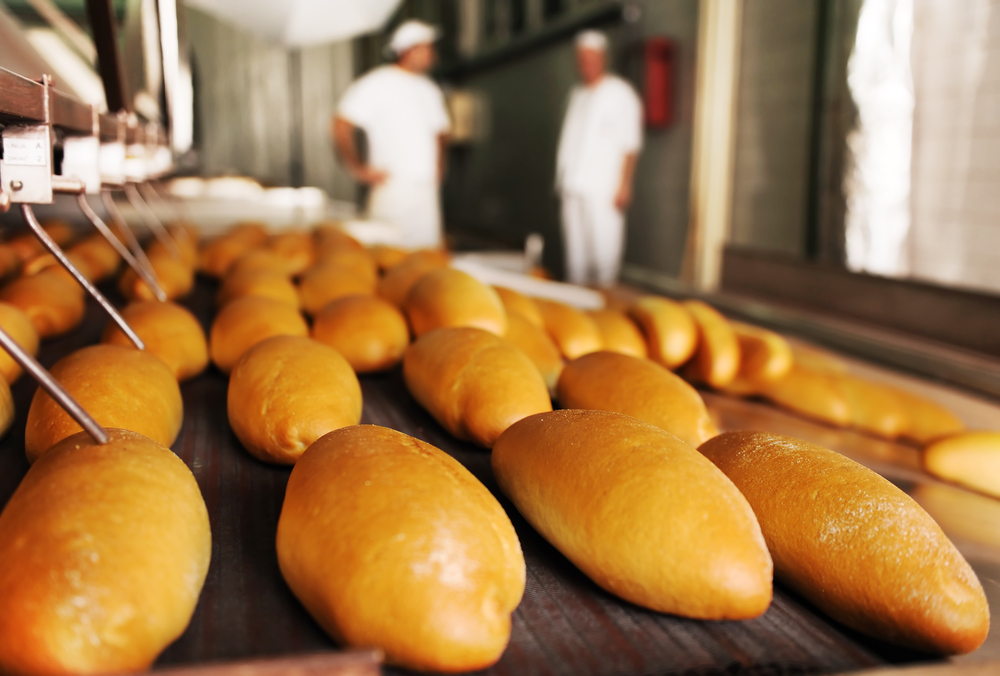In today's conscientious consumer landscape, the need for fairly sourced and lasting products has risen. Private label food manufacturers have actually become innovators in this domain, often teaming up with contract food manufacturers to spearhead sustainability and also responsible sourcing initiatives. With an undaunted dedication to ecological principles, personal label brand names have made it their mission to provide lasting, top notch alternatives to customers.
Private Label Food Manufacturers
In recent years, private label food manufacturers, additionally referred to as own brands or store brands, have actually seen an impressive rise in popularity. These producers create goods offered under the logo design of a retail store, grocer, or private entity. What collections private-label items apart is their ability to provide competitive pricing without compromising on top quality.
Contract Food Manufacturers
Numerous private-label food makers sign up with pressures with agreement manufacturers to establish Click for more info their product. Agreement food makers are experts in producing food for private labels. This calculated partnership allows exclusive label firms to take advantage of the competence, sources, and also committed food production facilities of their partners.
Sustainability at the Core
Private label food manufacturers employ various methods to boost sustainability within their supply networks:
Honest Sourcing:
Personal label firms are significantly devoted to sourcing ingredients according to moral as well as fair profession requirements. This entails making sure that manufacturers and also workers of basic materials, such as coffee beans, seasonings, or cocoa, get fair compensation for their efforts.
Neighborhood Sourcing:
Focusing on regional sourcing of components is an additional characteristic of private-label food makers. This not only minimizes the carbon impact related to transportation yet likewise supports local farmers and neighborhoods.
Organic Contents:
With the health food market on the rise, personal tags are reacting by including organic components into their product. Organic farming techniques prioritize soil wellness while eschewing synthetic chemicals and plant foods.
Sustainable Seafood:
Private Label Food Manufacturers are persistent in ensuring that the fish and shellfish they utilize is sustainably gathered, sticking to guidelines set by companies like the Marine Stewardship Council, which promotes liable fishing.
Decreased Food Waste:
Personal label firms are actively working on minimizing food waste by applying efficient manufacturing procedures and also creating products with longer life span. Some brand names are likewise partnering with food rescue organizations to give away excess food to those in need.
Eco-Friendly Packaging and Campaigns
Sustainability initiatives by private-label food producers expand past sourcing active ingredients to include packaging as well as environmentally friendly campaigns:
Lasting Product packaging:
Personal label brand names have accepted environment-friendly packaging choices, consisting of recyclable, eco-friendly, or compostable products. Redesigning product packaging to decrease excess product as well as decrease environmental influence is a top priority.
Waste Decrease:
To lessen wastage, private-label food producers enhance product sizes, minimize excess packaging, as well as discover ingenious packaging remedies. Some brands even urge consumers to join recycling programs.
Power Performance:
Numerous private label manufacturers are investing in more energy-efficient manufacturing plants, decreasing water usage, and taking on renewable resource sources to better lower their environmental footprint.
Carbon Neutral Initiatives:
Some personal brand name food producers are taking enthusiastic actions to attain carbon nonpartisanship by offsetting their greenhouse gas emissions via reforestation tasks and renewable resource credit reports.
Challenges as well as the Road Ahead
Regardless of the substantial strides made in sustainability as well as responsible sourcing, private-label food makers deal with obstacles. Balancing sustainability with cost-effectiveness can be a fragile act, sometimes calling for concessions on lasting active ingredients or the expedition of eco-friendly options.
However, the future of private-label food manufacturing holds fantastic promise. As customer recognition and also demand for lasting products remain to climb, private-label brand names and their agreement food manufacturing partners are most likely to magnify their efforts. Cooperation with distributors as well as financial investment in lasting technological developments as well as openness will certainly be essential in shaping a sustainable future for the sector.

Regularly Asked Concerns
Q1: What are private label food manufacturers?
Private label food manufacturers generate items offered under the logo design of a retailer, grocer, or personal entity. They provide competitively priced items without jeopardizing on high quality.
Q2: Just how do private label food manufacturers promote sustainability?
Private label food manufacturers promote sustainability through moral sourcing, regional active ingredient purchase, using organic ingredients, sustainable seafood practices, and initiatives to minimize food waste.
Q3: What eco-friendly packaging alternatives do personal label brands utilize?
Personal label brand names adopt environmentally friendly packaging choices such as recyclable, biodegradable, or compostable materials. They also upgrade product packaging to reduce excess product and also lower environmental effect.
Q4: What challenges do private label food manufacturers face in sustainability efforts?
Stabilizing sustainability with cost-effectiveness is a major challenge for private label food manufacturers. This might need compromises on lasting ingredients or the exploration of environment-friendly options.
Final thought
Private label food manufacturers go to the leading edge of the sustainability and liable sourcing movement within the food sector. Their dedication to ethical sourcing, regional purchase, natural ingredients, and also sustainable techniques, as well as their devotion to environmentally friendly packaging and waste reduction campaigns, show their resolution to satisfy the needs of today's eco-conscious customers.
In spite of the obstacles they encounter, private label food manufacturers are poised for an encouraging future. With customers significantly focusing on sustainability, the sector is likely to witness even better cooperation with providers, investment in sustainable modern technologies, as well as a dedication to openness. As we move forward, private label food manufacturers will continue to play a crucial function in shaping a more lasting and also ethical food landscape for all.
